Fiber is Your Friend: High-Fiber Foods for a Thriving Gut Microbiome
In recent years, the importance of gut health has come to the forefront of nutritional science, with researchers uncovering the profound impact our digestive system has on overall well-being. The gut microbiome, a complex community of trillions of microorganisms, plays a crucial role in digestion, immunity, and even mental health. A thriving microbiome is essential for optimal health, and one of the best ways to support it is through a fiber-rich diet. Fiber not only aids in digestion but also serves as a prebiotic, feeding the beneficial bacteria in our gut. This article explores fiber-packed foods that can nourish your gut and keep your microbiome thriving.
The Role of Fiber in Gut Health

Fiber is an indigestible carbohydrate found in plant foods that passes through the digestive system relatively intact. It comes in two forms: soluble and insoluble, both of which are crucial for maintaining gut health. Soluble fiber dissolves in water to form a gel-like substance, which can help lower blood cholesterol and glucose levels. Insoluble fiber, on the other hand, adds bulk to stool and aids in its passage through the gut, preventing constipation. Both types of fiber act as prebiotics, providing nourishment for beneficial gut bacteria, which in turn produce short-chain fatty acids that promote gut integrity and overall health.
1. Oats: A Heart-Healthy Fiber Source
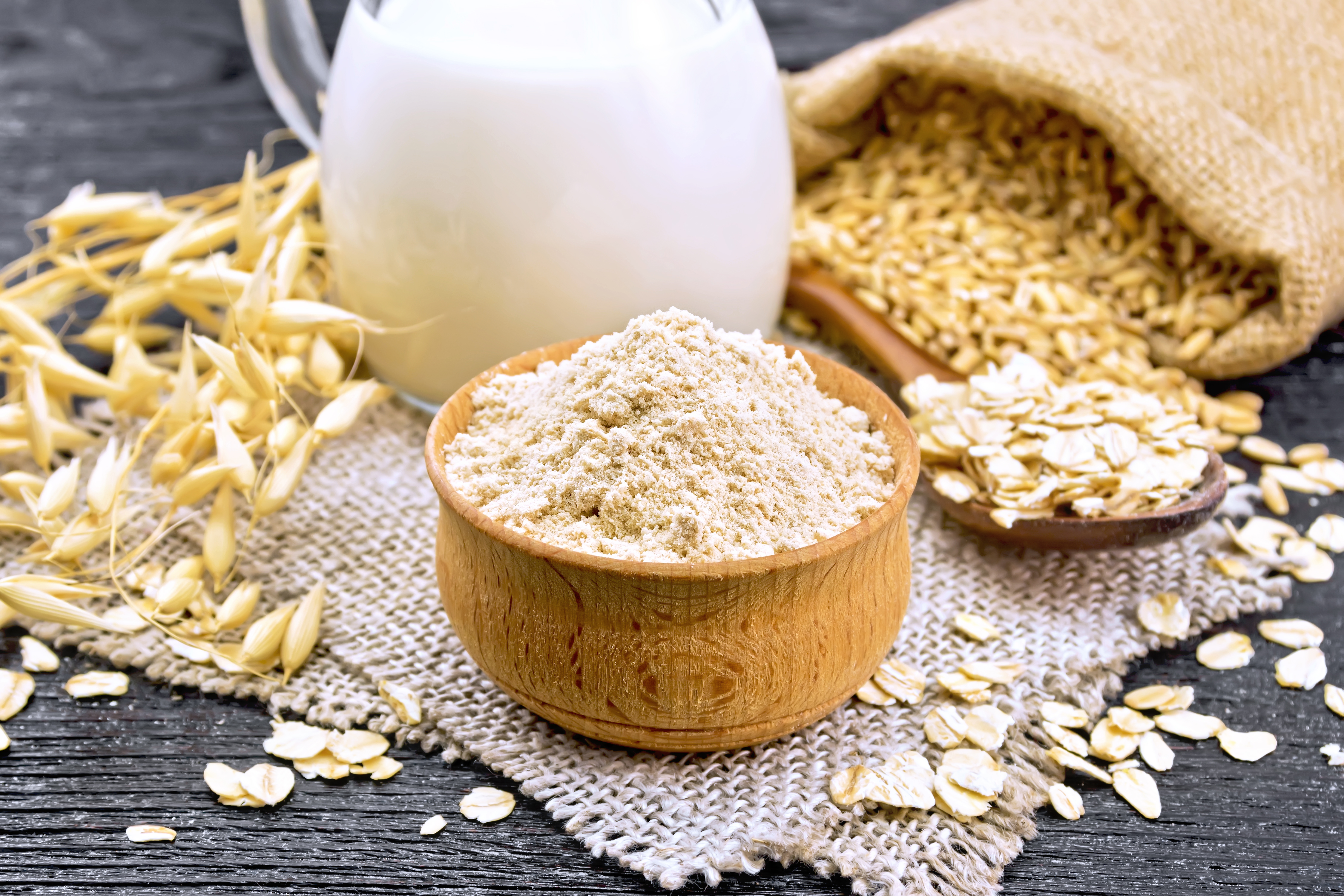
Oats are a versatile and nutritious whole grain that is particularly high in soluble fiber, specifically beta-glucan. Beta-glucan has been shown to lower cholesterol levels, improve heart health, and support a healthy gut microbiome by acting as a prebiotic. Oats can be enjoyed in various forms, such as oatmeal, overnight oats, or as an ingredient in baked goods. Including oats in your diet can help sustain energy levels, regulate digestion, and provide a steady release of glucose, making them an excellent addition to a gut-friendly diet.
2. Lentils: A Protein-Packed Legume
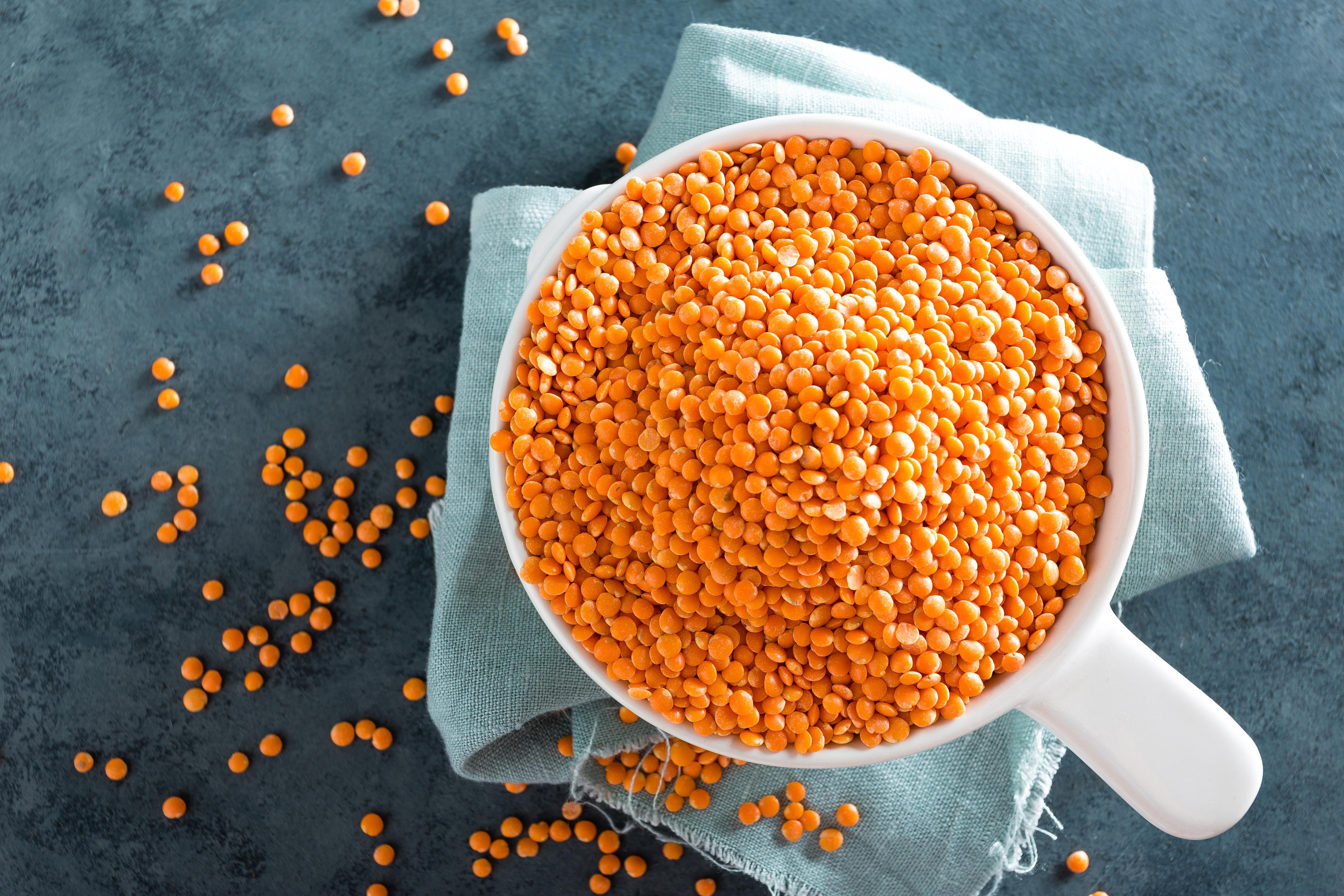
Lentils are a type of legume that is rich in both soluble and insoluble fiber, making them a powerful ally for gut health. They are also an excellent source of plant-based protein, essential for tissue repair and growth. Lentils contain resistant starch, a type of fiber that ferments in the gut, promoting the growth of beneficial bacteria. This fermentation process produces butyrate, a short-chain fatty acid that supports gut lining health and reduces inflammation. Lentils can be added to soups, salads, or stews, offering a hearty and nutritious component to any meal.
3. Chia Seeds: Tiny Powerhouses of Nutrition
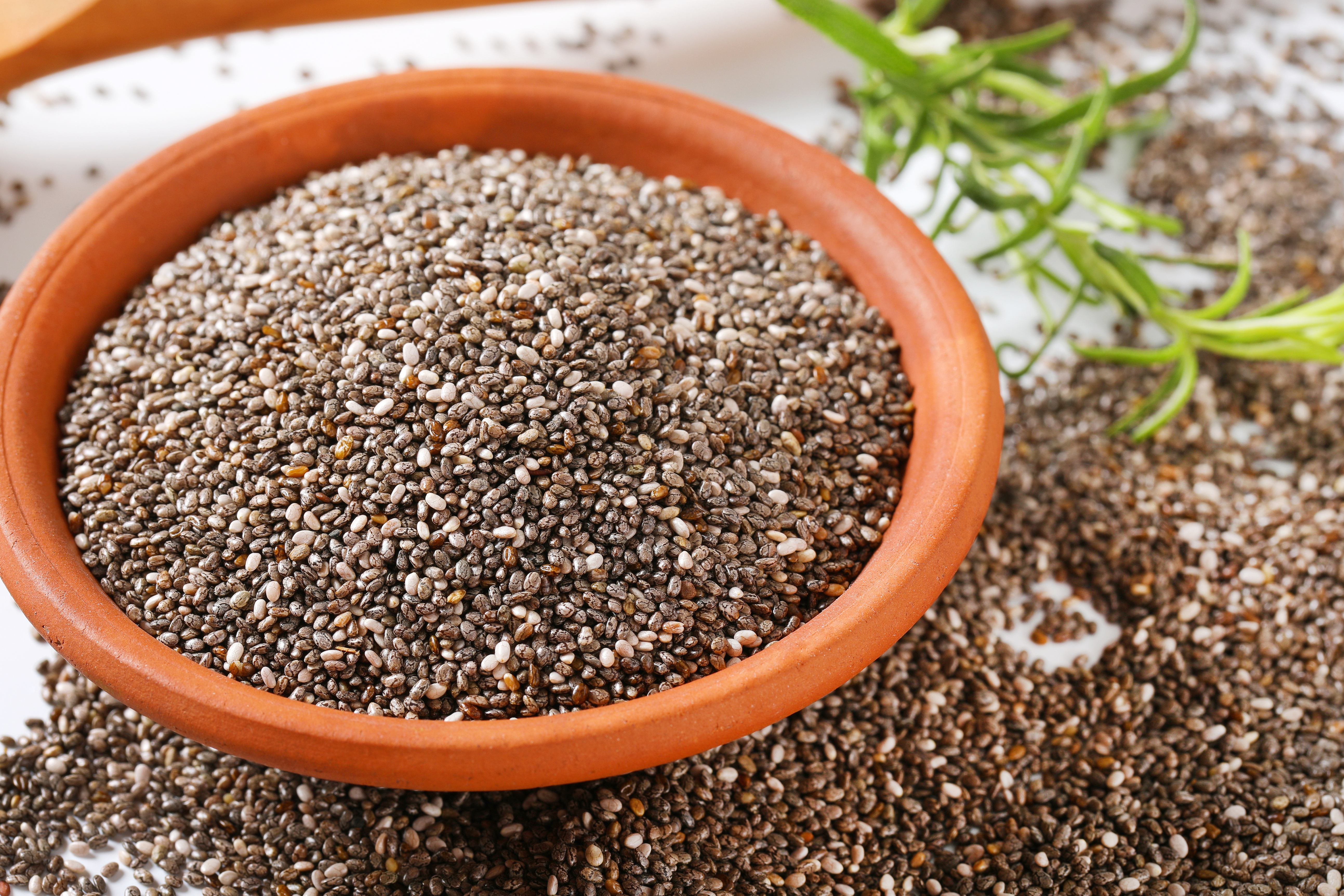
Chia seeds may be small, but they pack a significant nutritional punch. They are an excellent source of soluble fiber, which can absorb up to 10 times their weight in water, forming a gel-like substance that aids digestion and promotes satiety. Chia seeds are also rich in omega-3 fatty acids, antioxidants, and essential minerals like calcium and magnesium. Their high fiber content supports a healthy gut microbiome by fostering an environment conducive to beneficial bacteria. Chia seeds can be easily incorporated into smoothies, yogurt, or used as a thickening agent in recipes.
4. Apples: The Fiber-Rich Fruit

Apples are a convenient and delicious way to boost your fiber intake. They contain both soluble fiber, in the form of pectin, and insoluble fiber, which helps regulate bowel movements and maintain gut health. Pectin acts as a prebiotic, feeding the good bacteria in your gut and promoting the production of short-chain fatty acids. Apples also provide a range of vitamins and antioxidants, which can reduce inflammation and support overall health. Eating apples with the skin on maximizes their fiber content, making them a perfect snack for maintaining a healthy digestive system.
5. Broccoli: A Cruciferous Veggie for Gut Health
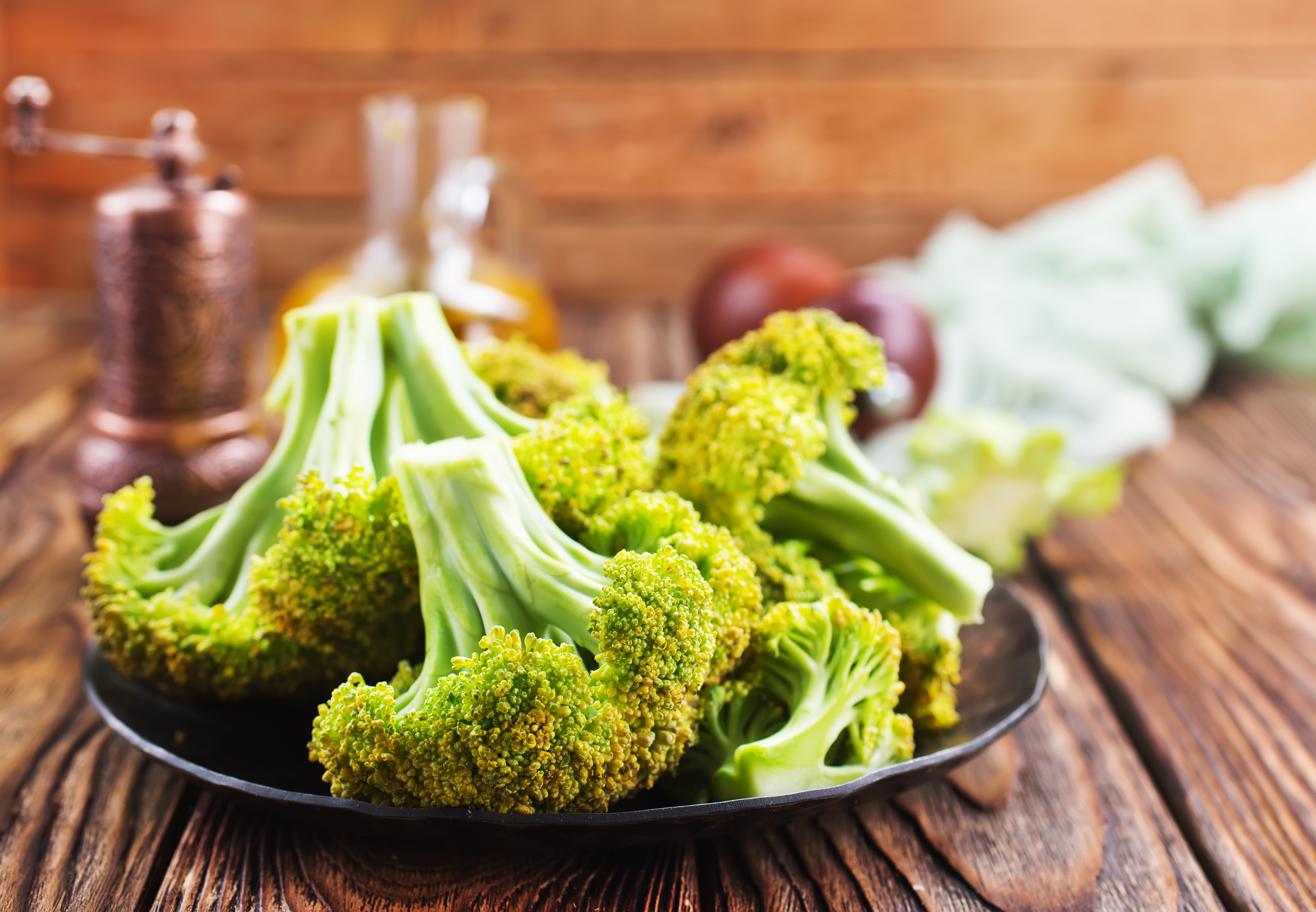
Broccoli is a cruciferous vegetable that is not only high in fiber but also contains compounds that support the gut microbiome. It is rich in sulforaphane, a compound that has been shown to reduce inflammation and support detoxification processes in the body. The fiber in broccoli aids digestion and helps regulate bowel movements, while its prebiotic properties promote a healthy balance of gut bacteria. Steaming or roasting broccoli can preserve its nutritional content, making it a versatile addition to any meal focused on gut health.
6. Avocados: Creamy and Fiber-Rich
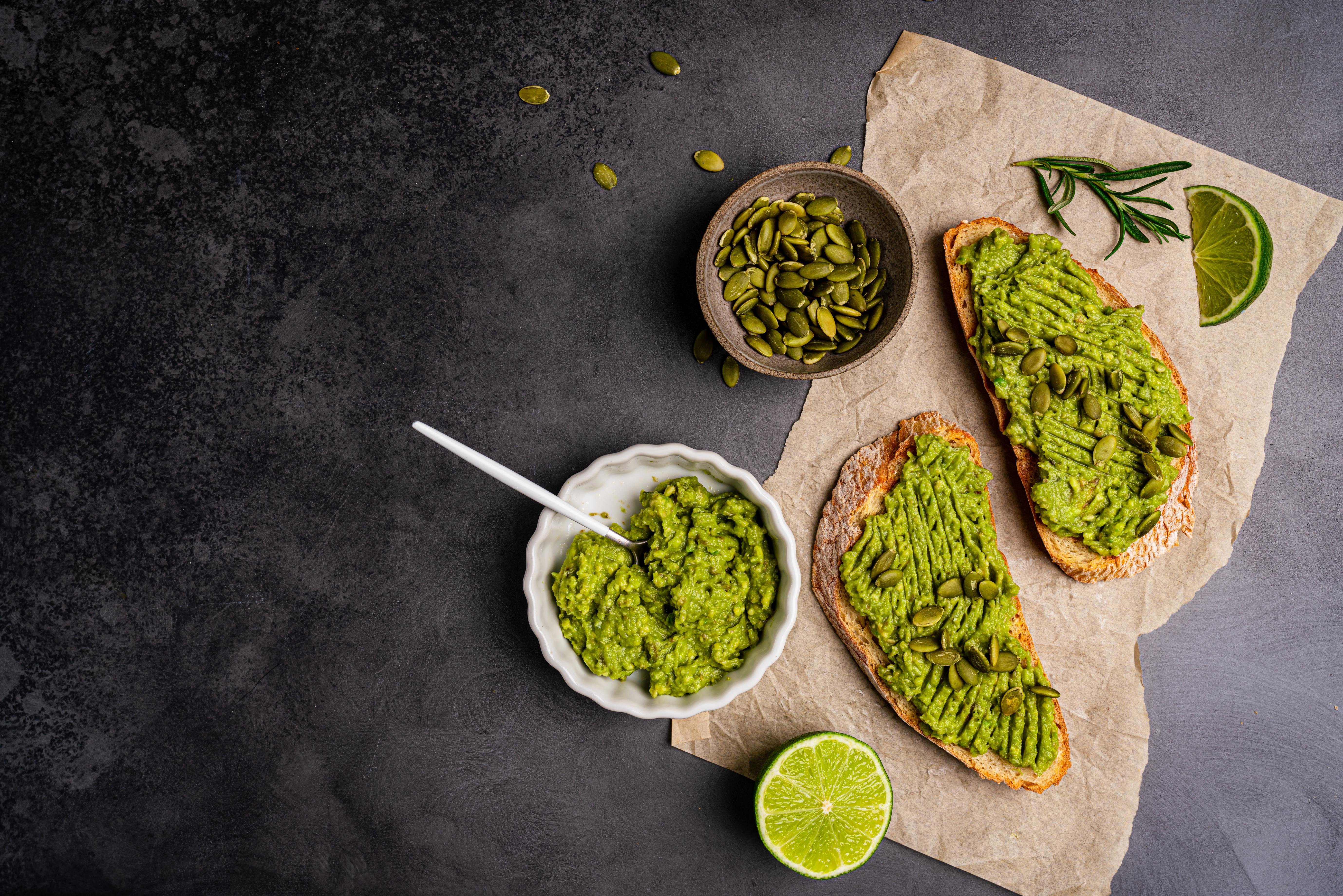
Avocados are a unique fruit known for their creamy texture and high healthy fat content. They are also a good source of both soluble and insoluble fiber, which aids in digestion and promotes a healthy gut microbiome. The fiber in avocados helps maintain regular bowel movements and can reduce the risk of constipation. Additionally, avocados contain a variety of nutrients, including potassium, magnesium, and vitamins C, E, and K, which support overall health. Their versatility allows them to be added to salads, smoothies, or enjoyed on their own as a nutritious snack.
7. Quinoa: The Ancient Grain
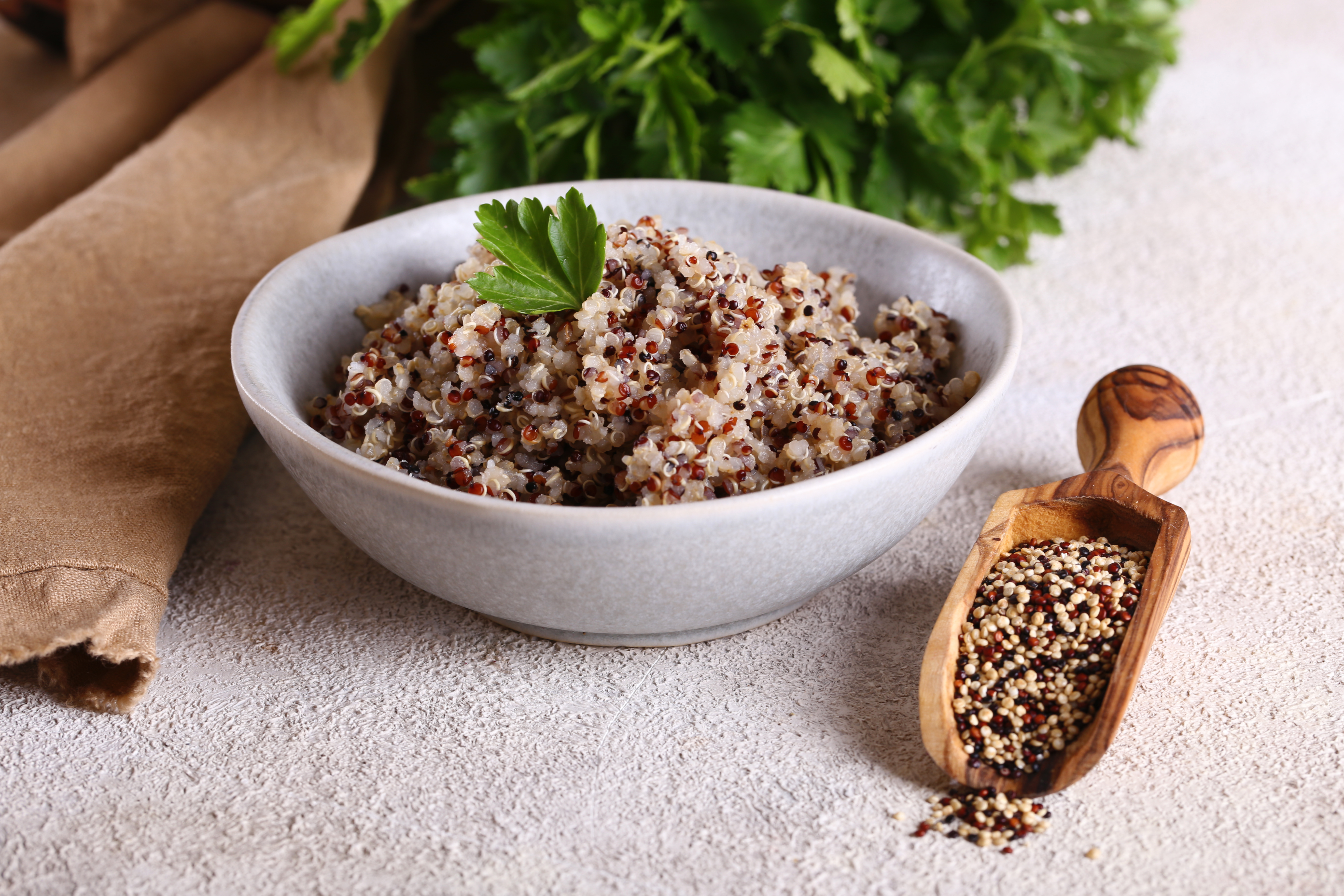
Quinoa is a gluten-free grain that is rich in fiber and a complete source of plant-based protein, containing all nine essential amino acids. Its high fiber content supports digestive health by promoting regular bowel movements and fostering a healthy gut microbiome. Quinoa also contains antioxidants and essential minerals such as magnesium, iron, and zinc, which are vital for numerous bodily functions. This ancient grain can be used as a base for salads, added to soups, or served as a side dish, providing a nutritious and satisfying component to any meal.
8. Berries: Nature’s Antioxidant-Rich Treat
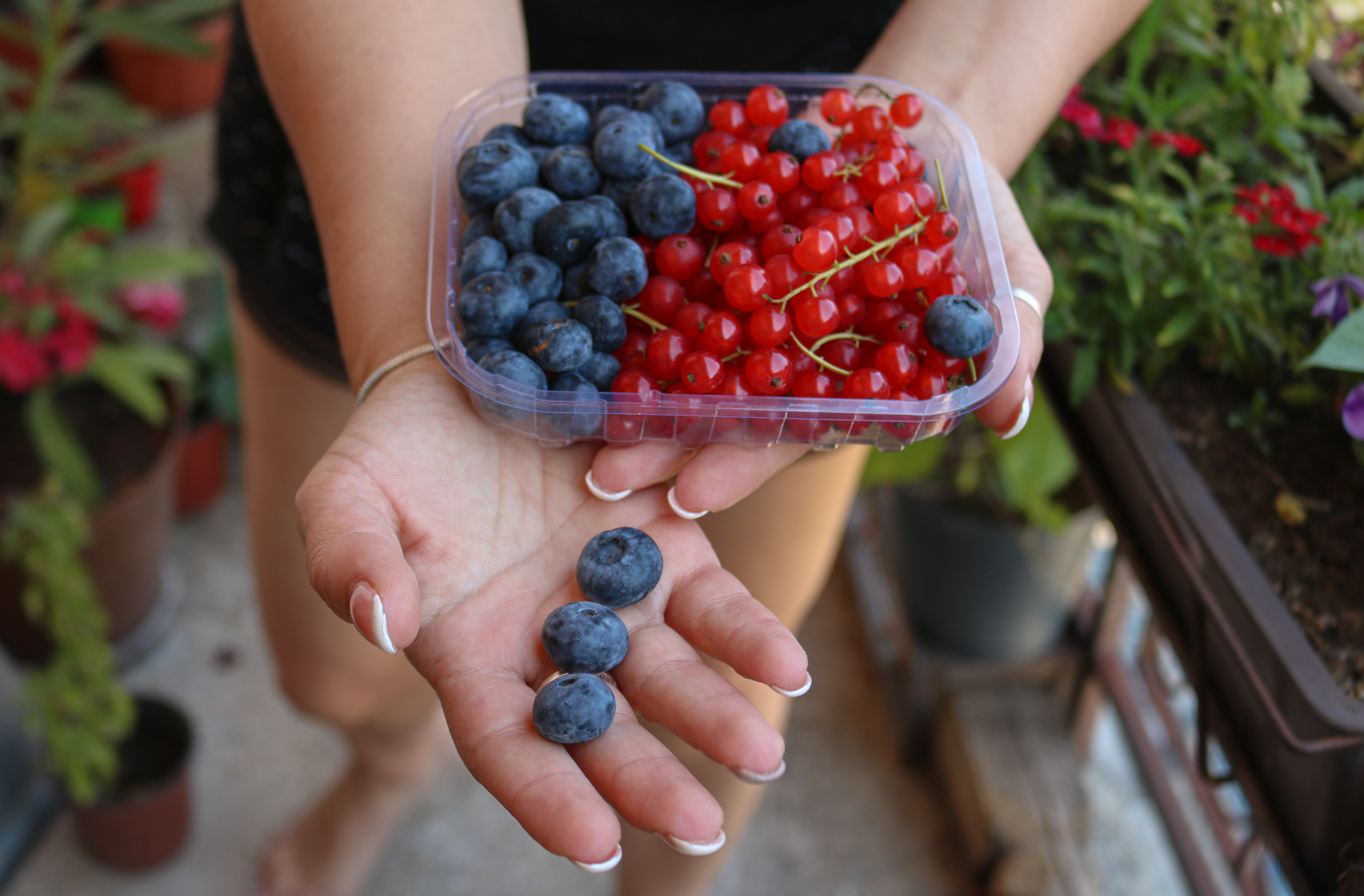
Berries, including strawberries, blueberries, and raspberries, are not only delicious but also packed with fiber and antioxidants. They contain both soluble and insoluble fiber, which aids in digestion and supports a healthy gut microbiome. The antioxidants in berries help reduce inflammation and protect against oxidative stress, promoting overall health. Berries can be enjoyed fresh, frozen, or dried, and make an excellent addition to smoothies, yogurt, or as a topping for oatmeal. Their natural sweetness and vibrant colors also make them a visually appealing and nutritious snack.
9. Sweet Potatoes: A Fiber-Filled Root Vegetable
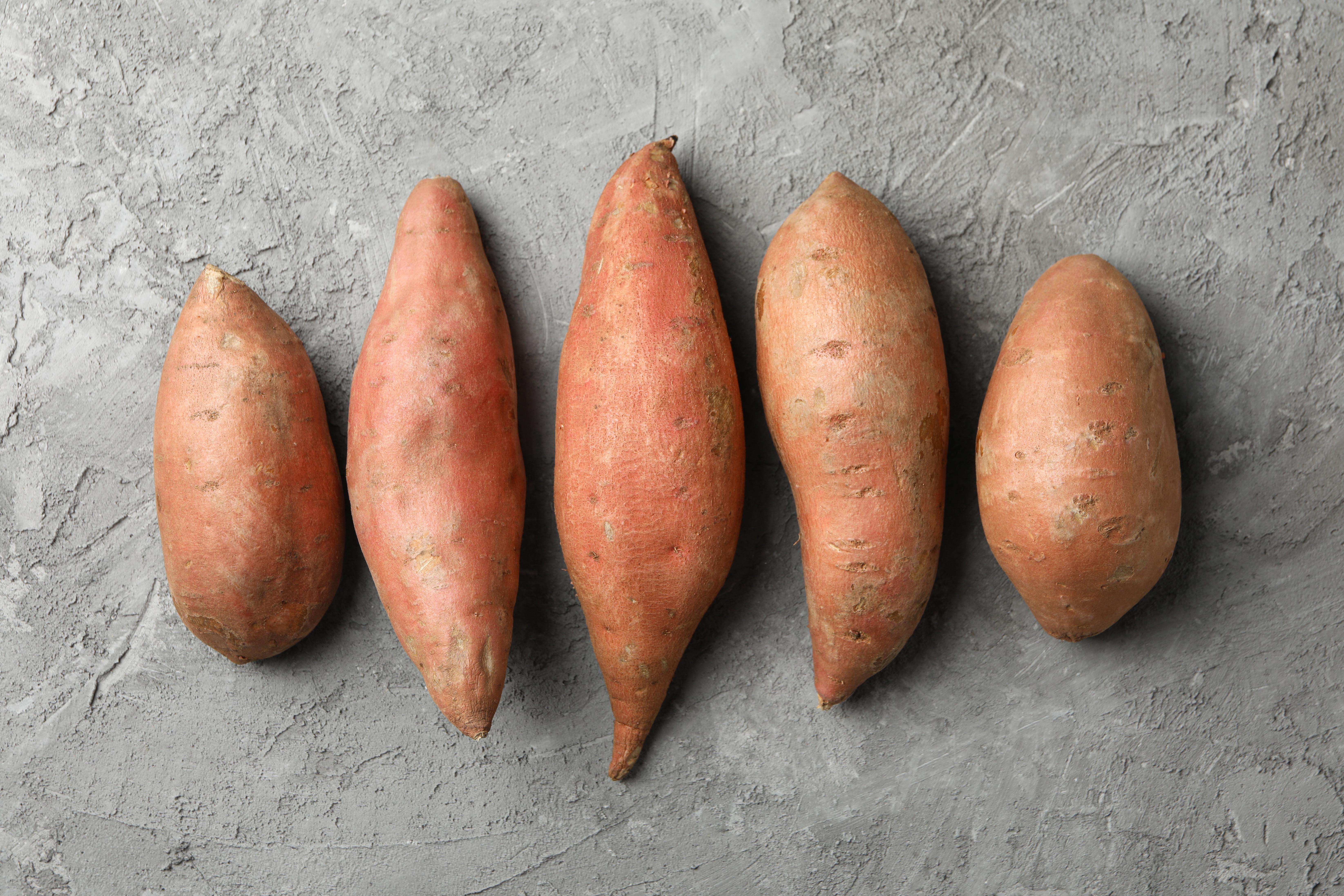
Sweet potatoes are a nutritious root vegetable that is high in fiber, vitamins, and minerals. They contain both soluble and insoluble fiber, which aids in digestion and promotes a healthy gut microbiome. Sweet potatoes are also rich in beta-carotene, a powerful antioxidant that supports immune function and eye health. Their natural sweetness and versatility make them a popular choice for both savory and sweet dishes. Roasting, baking, or mashing sweet potatoes can enhance their flavor and nutritional content, making them a delicious and gut-friendly addition to any meal.
10. Almonds: Crunchy and Nutritious
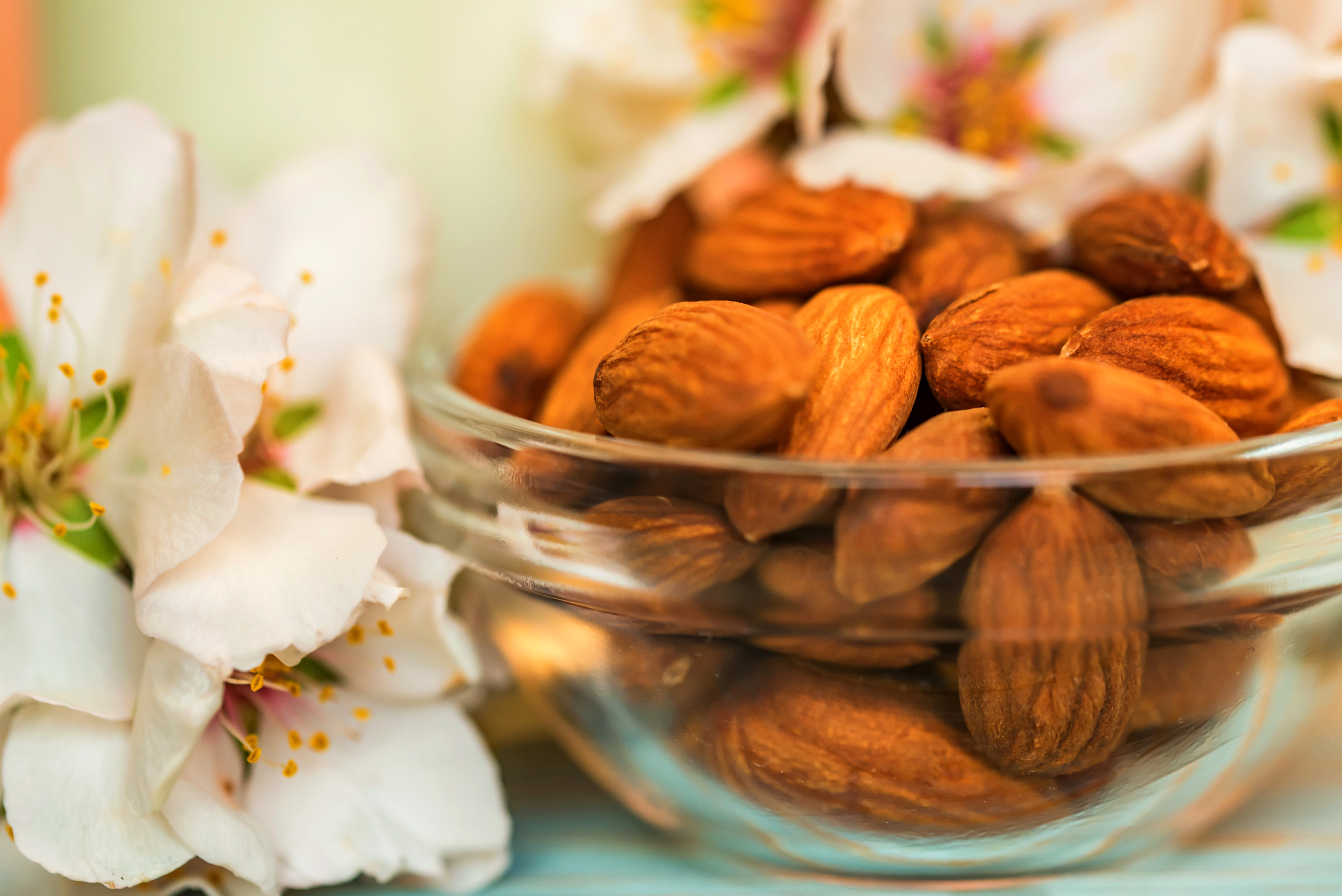
Almonds are a nutrient-dense nut that provides a good source of fiber, healthy fats, and protein. They contain both soluble and insoluble fiber, which aids in digestion and supports a healthy gut microbiome. Almonds are also rich in vitamin E, magnesium, and antioxidants, which can help reduce inflammation and support overall health. Their crunchy texture and mild flavor make them a versatile snack that can be enjoyed on their own, added to salads, or used as a topping for yogurt or oatmeal. Including almonds in your diet can help maintain a healthy digestive system.
11. Beans: Versatile and Fiber-Rich
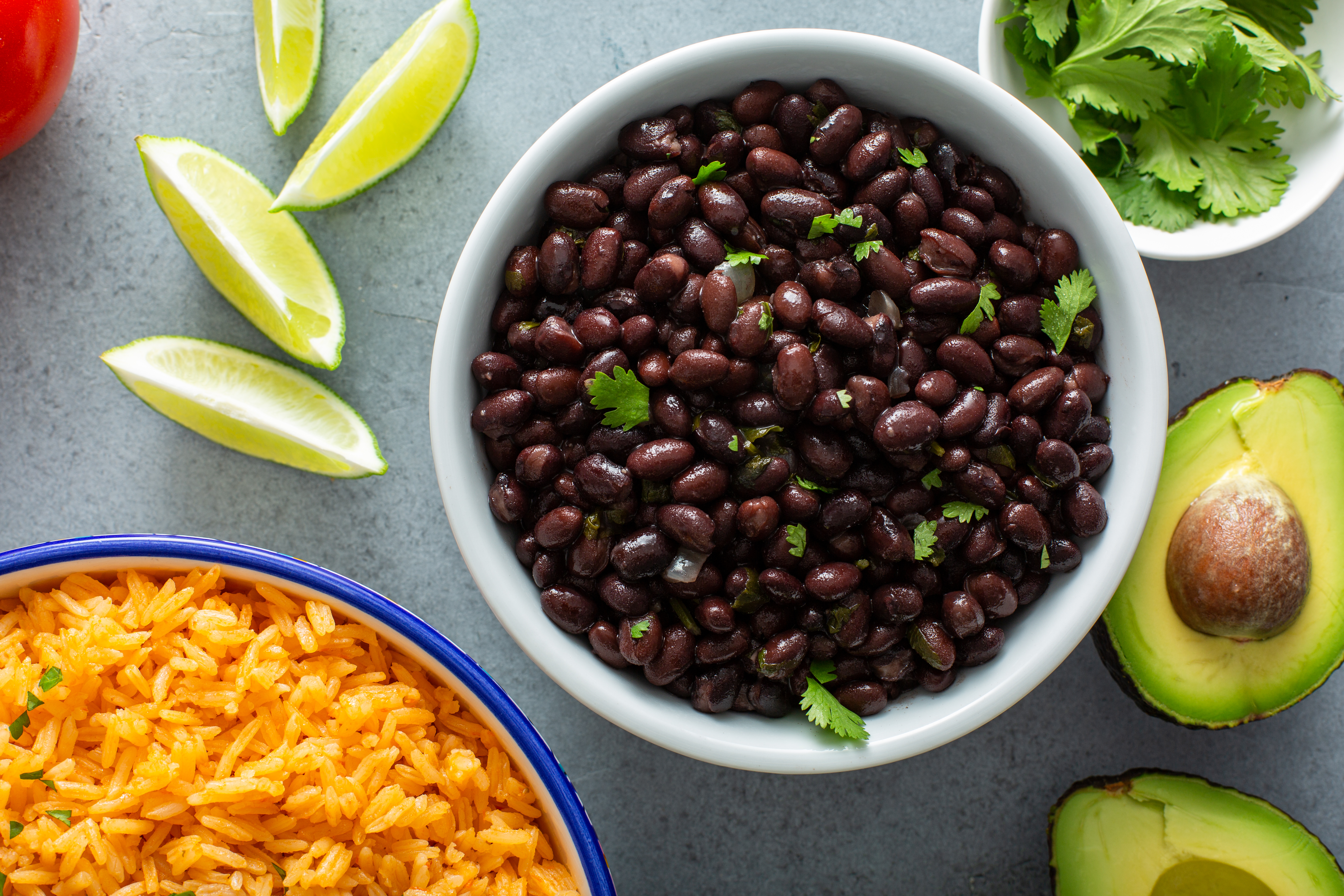
Beans, including black beans, kidney beans, and chickpeas, are an excellent source of both soluble and insoluble fiber, making them a powerful ally for gut health. They are also rich in plant-based protein, essential vitamins, and minerals. The fiber in beans helps regulate digestion, promote regular bowel movements, and support a healthy gut microbiome. Beans can be incorporated into a variety of dishes, such as soups, stews, salads, or as a meat substitute in vegetarian meals. Their versatility and nutritional content make them a valuable addition to a fiber-rich diet.
12. Whole Grains: The Foundation of a Fiber-Rich Diet
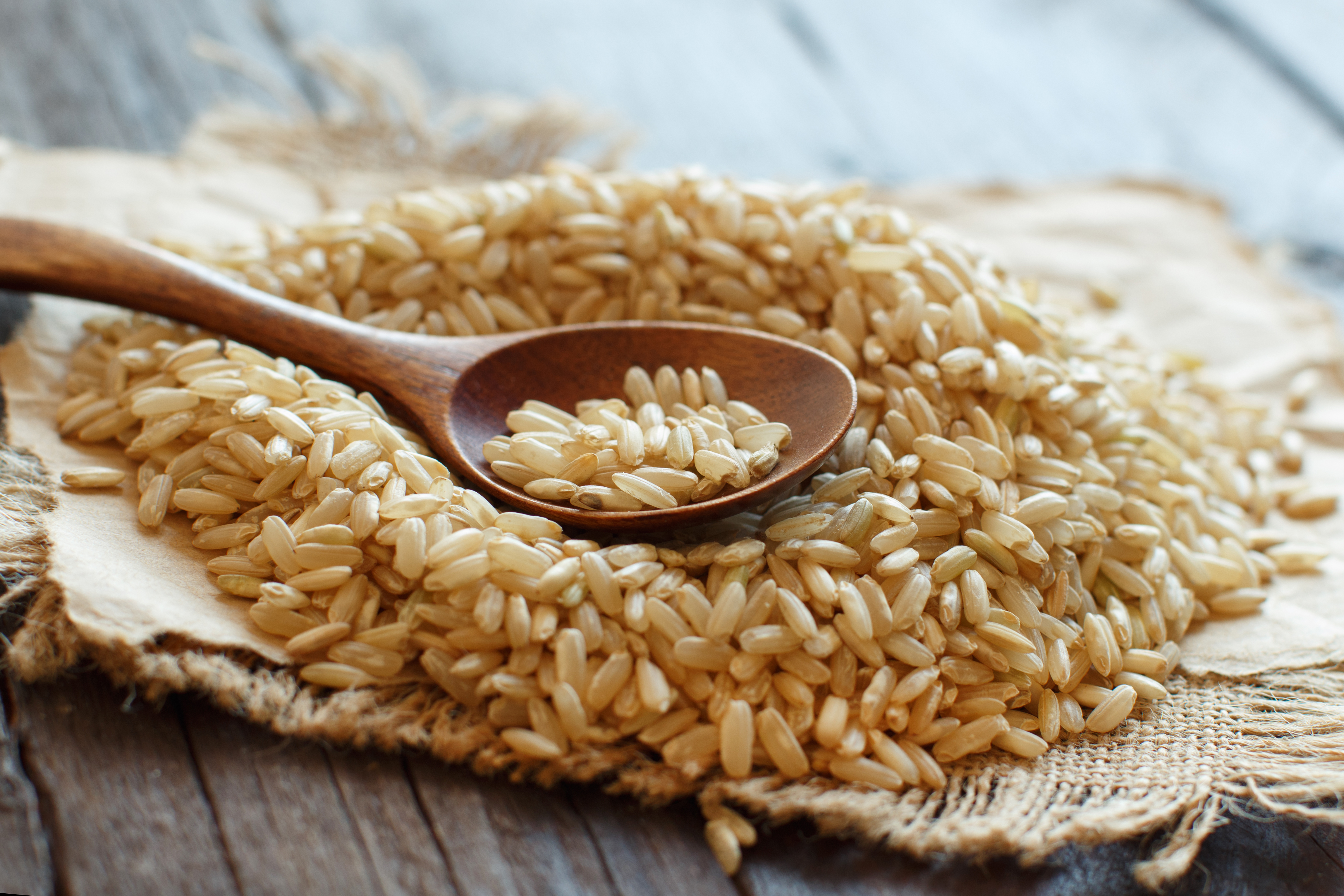
Whole grains, such as brown rice, barley, and whole wheat, are an essential part of a fiber-rich diet. They contain both soluble and insoluble fiber, which aids in digestion and supports a healthy gut microbiome. Whole grains are also rich in vitamins, minerals, and antioxidants, which can help reduce inflammation and promote overall health. Choosing whole grains over refined grains can improve digestion, regulate blood sugar levels, and provide sustained energy throughout the day. Incorporating whole grains into your diet can help maintain a healthy digestive system and support overall well-being.
13. Brussels Sprouts: Nutrient-Dense and Fiber-Rich
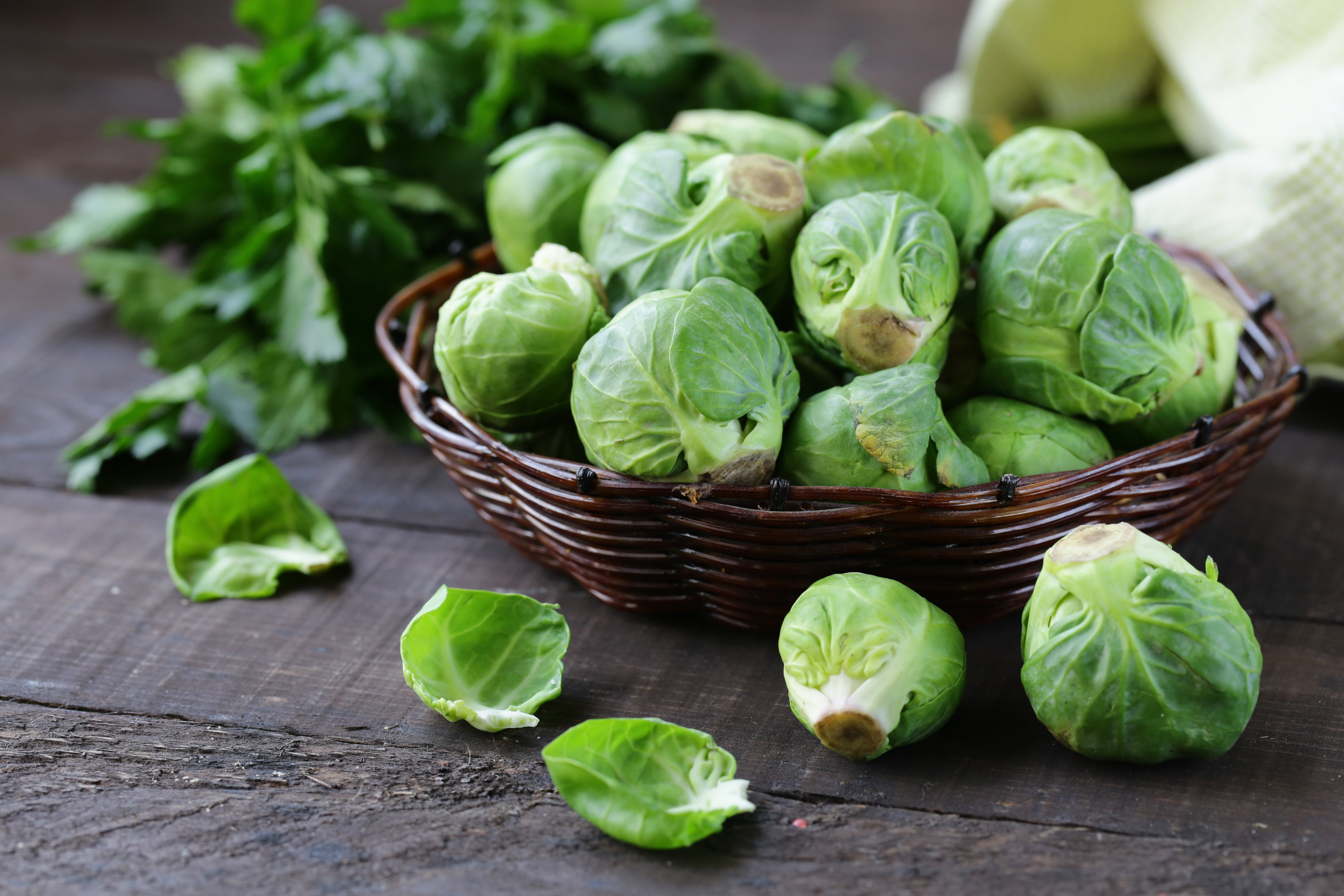
Brussels sprouts are a cruciferous vegetable that is high in fiber and essential nutrients. They contain both soluble and insoluble fiber, which aids in digestion and supports a healthy gut microbiome. Brussels sprouts are also rich in vitamin C, vitamin K, and antioxidants, which can help reduce inflammation and support immune function. Roasting or steaming Brussels sprouts can enhance their flavor and nutritional content, making them a delicious and nutritious addition to any meal. Including Brussels sprouts in your diet can help maintain a healthy digestive system and support overall health.
Embracing a Fiber-Rich Lifestyle

Incorporating a variety of fiber-rich foods into your diet is a powerful way to support gut health and promote a thriving microbiome. From oats and lentils to berries and Brussels sprouts, these foods provide essential nutrients and prebiotics that nourish beneficial gut bacteria and promote overall well-being. By embracing a fiber-rich lifestyle, you can improve digestion, reduce inflammation, and support a healthy immune system. As research continues to uncover the intricate connections between diet and gut health, prioritizing fiber-rich foods becomes an essential step towards achieving optimal health and vitality.